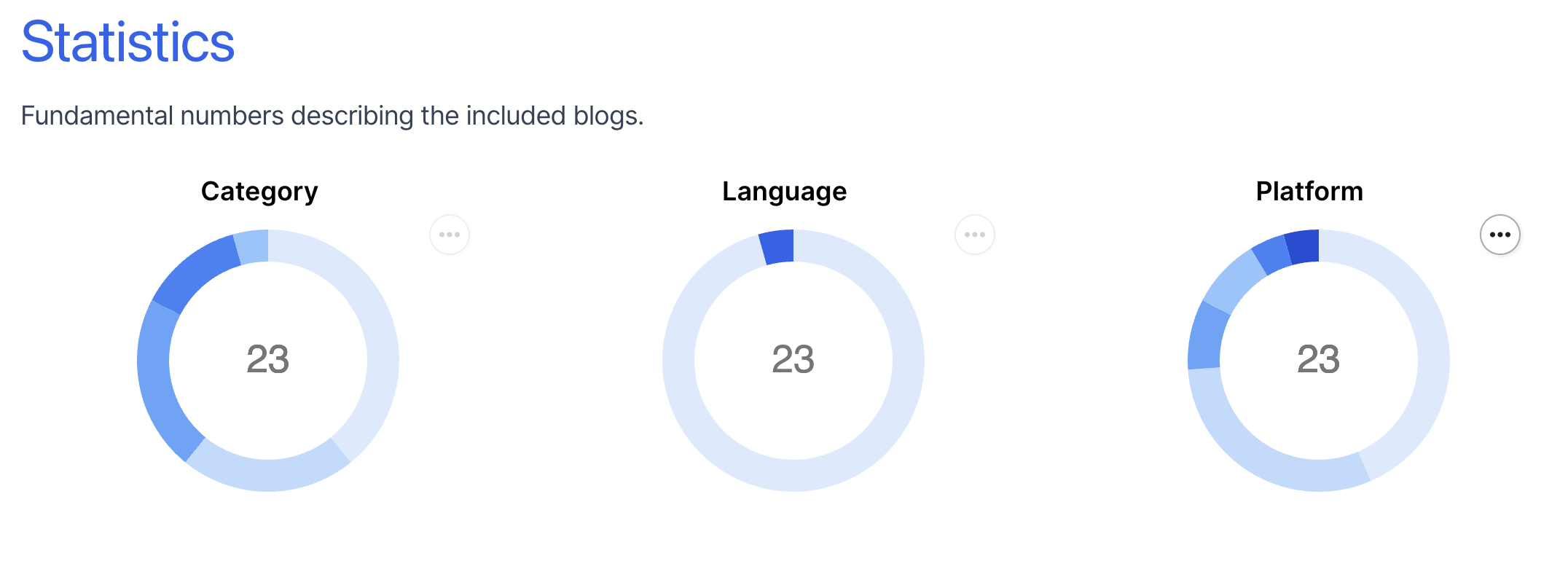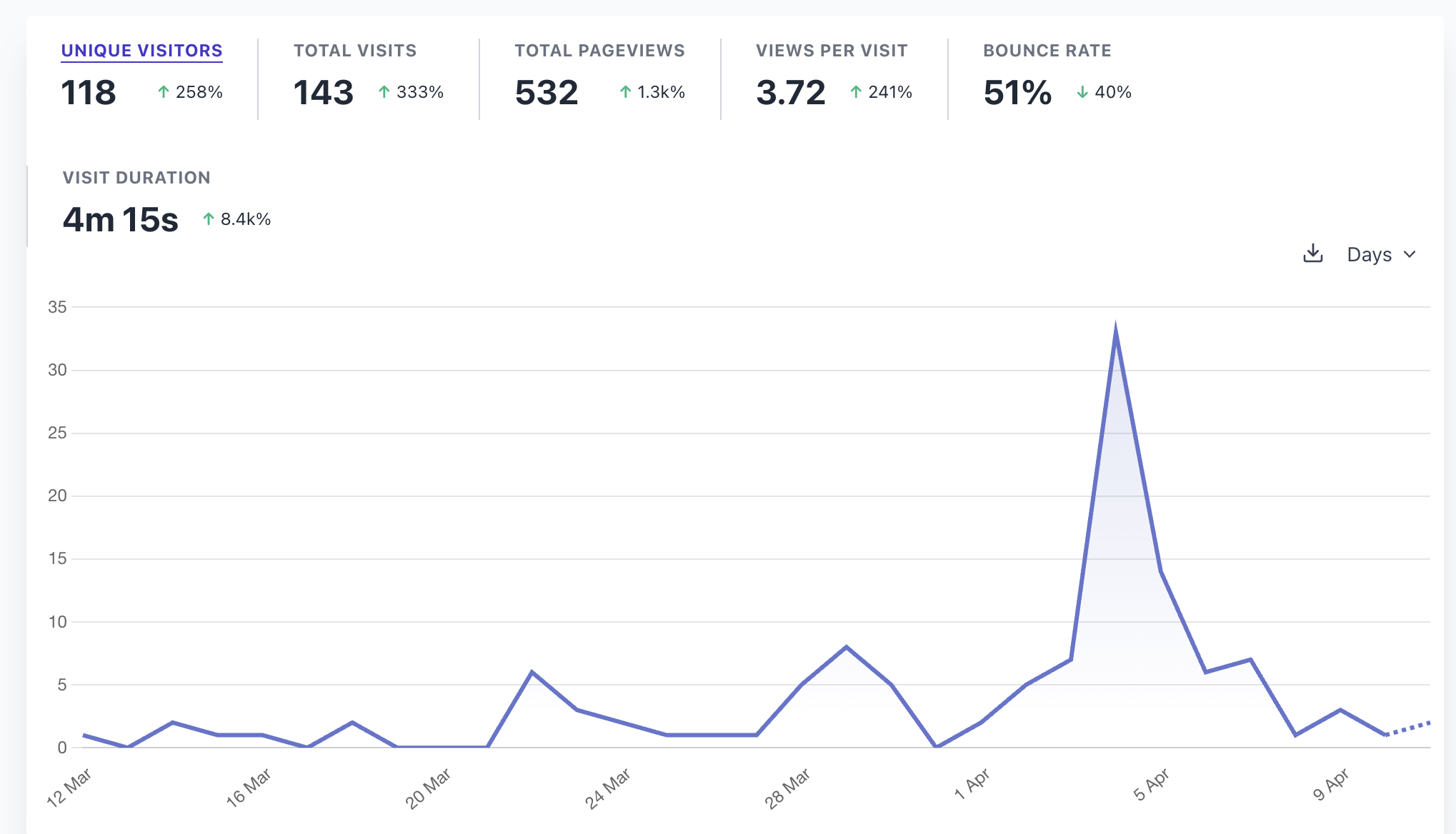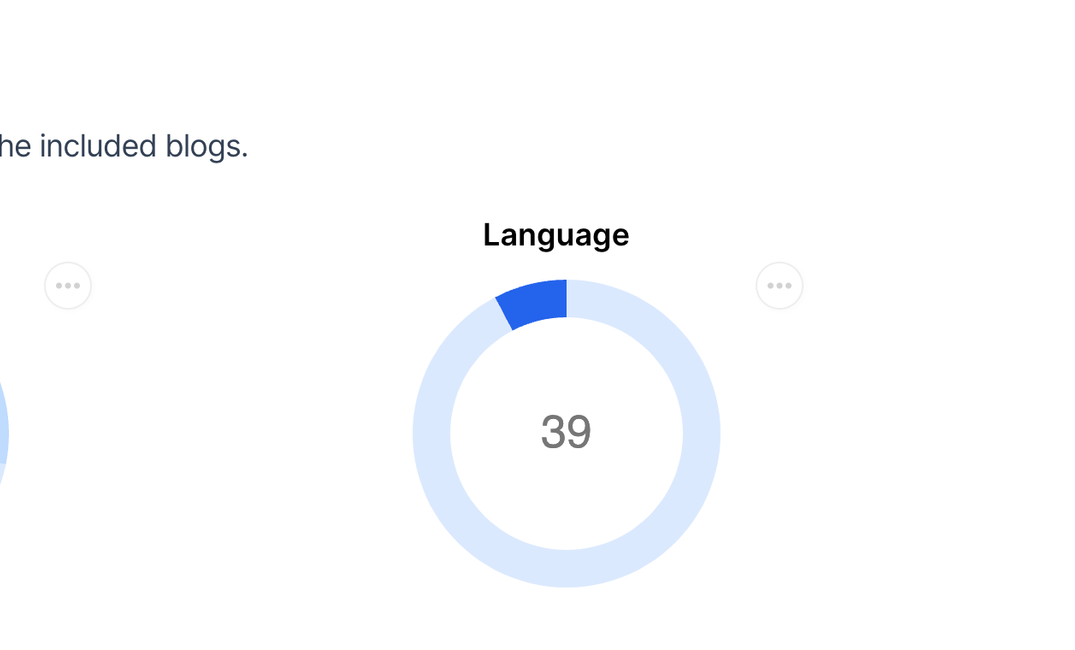The Rogue Scholar science blog archive launched last week. Going forward the focus is on improving the service and adding more blogs. This includes giving blog authors feedback on how they can improve their RSS/Atom feeds – used by the Rogue Scholar to collect and archive the blog content.
Feedback for science blog publishers
A good starting point is author information, which often can be improved. The first step is to support multiple authors and support their full (given and family) names instead of usernames. It is useful to include ORCID author identifiers, best done by using the author website field of the blogging platform. This information can then be included in the blog Atom feed, which works better for this than RSS feeds.
The blog (RSS or Atom) feed includes a link for each blog post but also an id (Atom) or guid (RSS). Ideally, this id/guid is globally unique, does not change over time, and can be used as a web link. DOIs are a perfect fit for this id/guid field, and several blogs included in the Rogue Scholar do this already (this blog but also Upstream). Many blogging platforms have a canonical_url field that can be used to store the DOI, separate from the URL.
Abstracts are useful for blog posts and widely supported. Unfortunately, there is no standard way to provide them in RSS or Atom feeds. A good practice is to use text and not HTML and to limit the total number of characters (the Rogue Scholar limits abstracts to 210 characters).
Feature images for blog posts are again widely used but there is no standard way to do this in RSS or Atom feeds. Examples of Rogue Scholar blogs using feature images are Chris Hartgerink, OA.Works and Syldavia Gazette.
Blog statistics
This week I added basic statistics for the Rogue Scholar that give preliminary insights into the kind of science blogs covered by the Rogue Scholar. The category is the top-level classification of the OECD Fields of Science and Technology. Many blogs cover Natural Sciences, Engineering and Technology, Social Sciences – Health and Medical Sciences, Humanities, and Agricultural Sciences are covered less. Almost all currently included blogs are in the English language, please reach out if you manage a blog in another language. Knowing the blogging platform helps integrate the various RSS feeds into the Rogue Scholar, and the results are as expected. Wordpress is the most popular blogging platform, but science blogs also use a variety of other platforms, including Ghost, Medium, and Blogger. Another interesting key performance indicator (KPI) is the total number of blogs and blog posts included, but this needs more work as this information is not immediately available.

Usage statistics
The Usage Stats for the Rogue Scholar are publicly available here. The numbers are still small and don't cover individual posts, or usage numbers from the blog itself, both of which may come over time. The Rogue Scholar intentionally isn't collecting any personal information or using any cookies, but the available public information can give important insights (e.g. the countries or referer pages where users come from).



